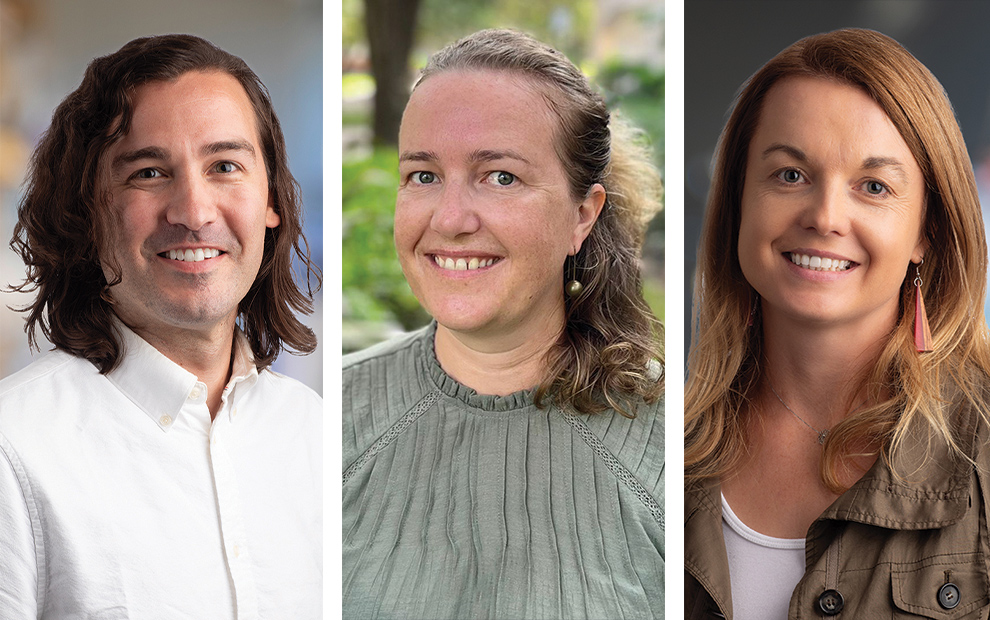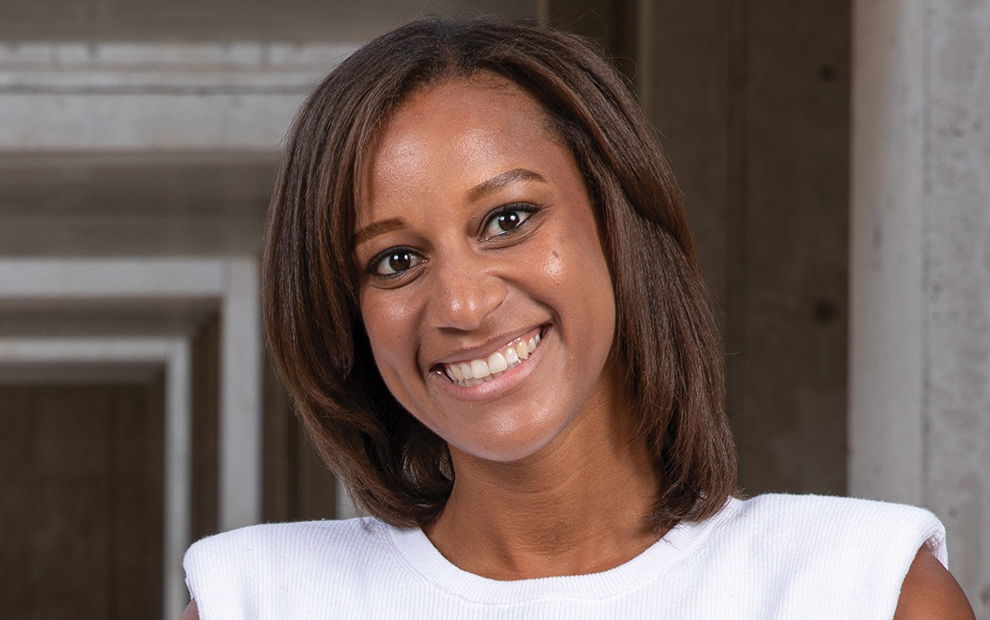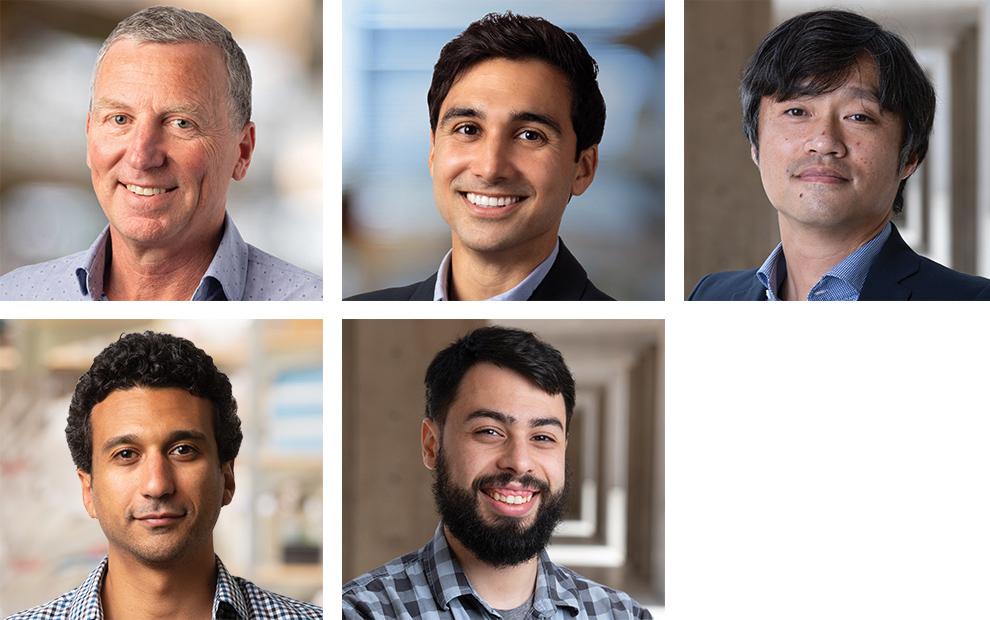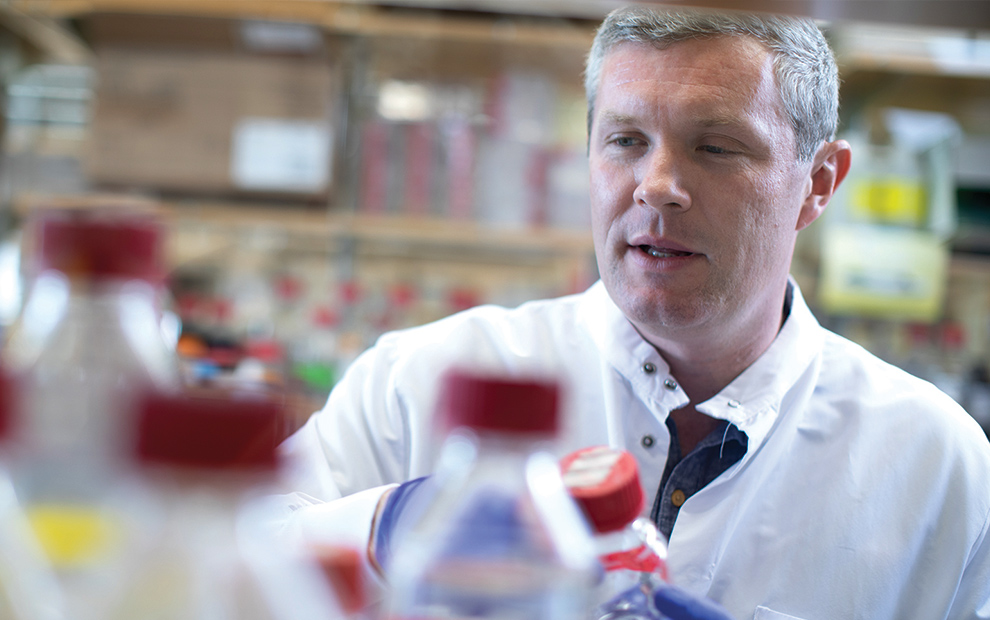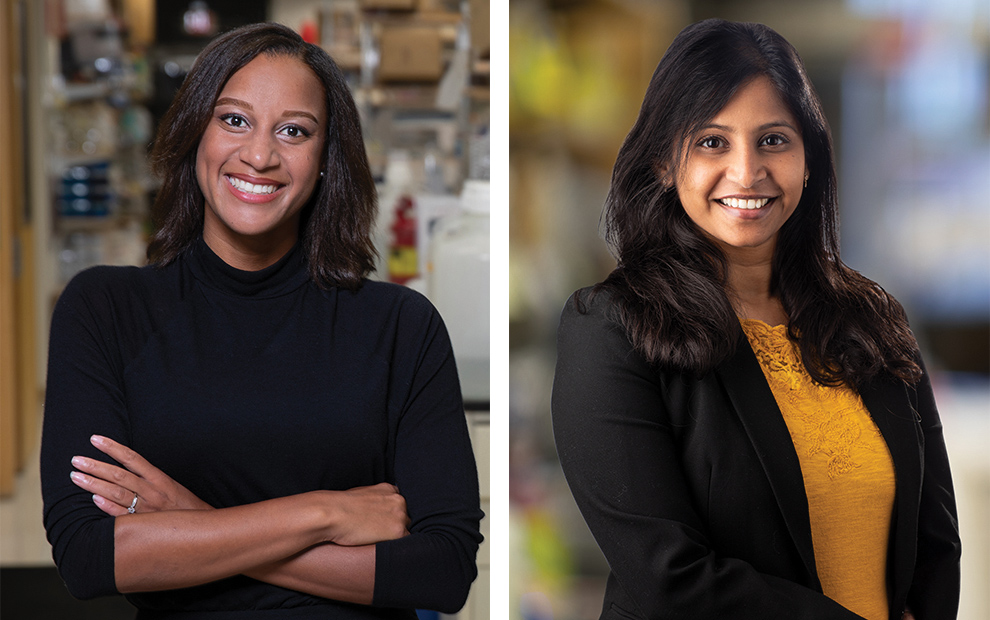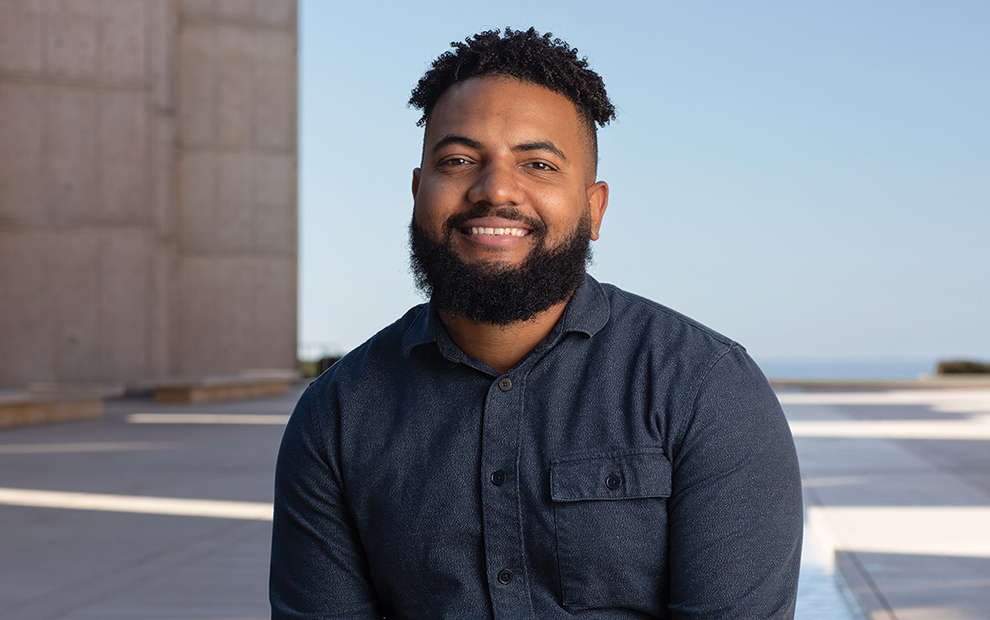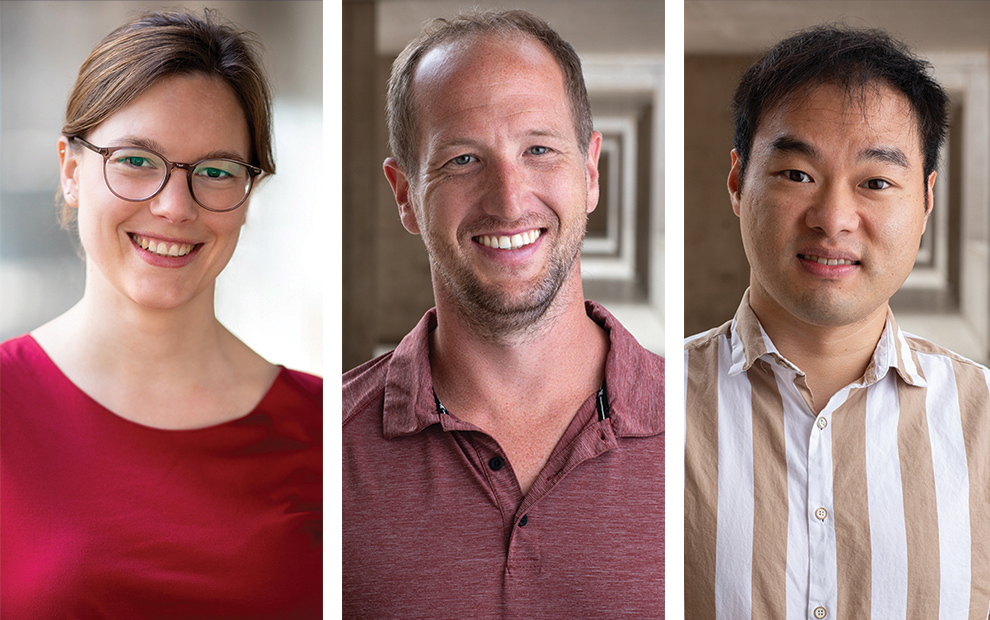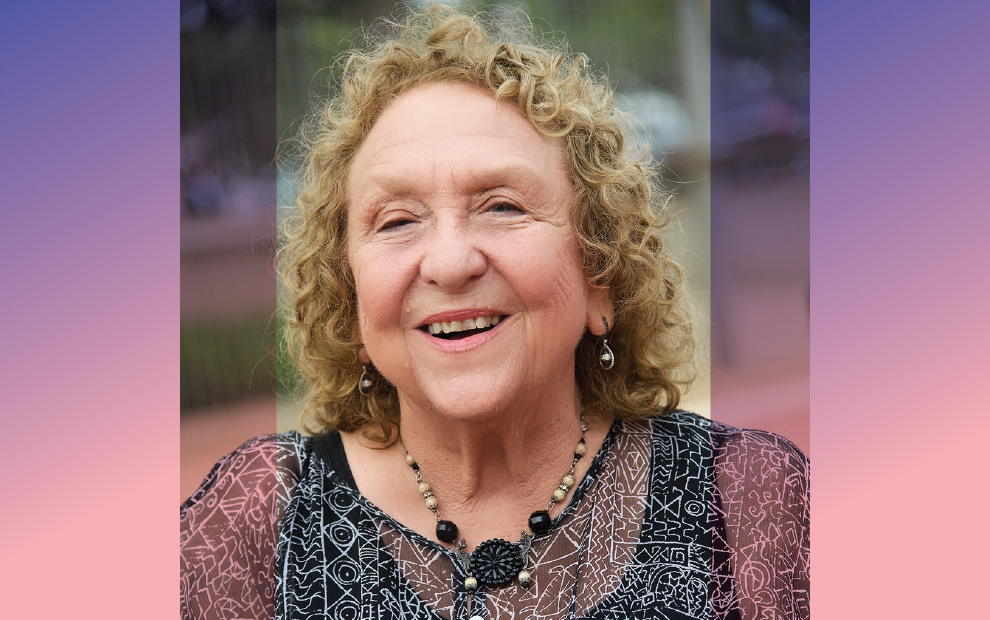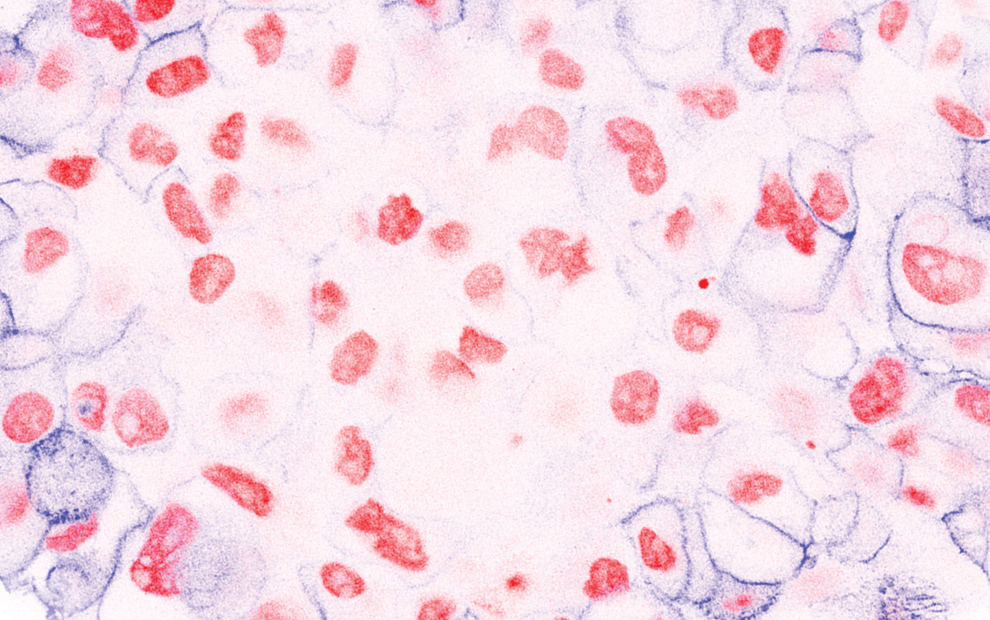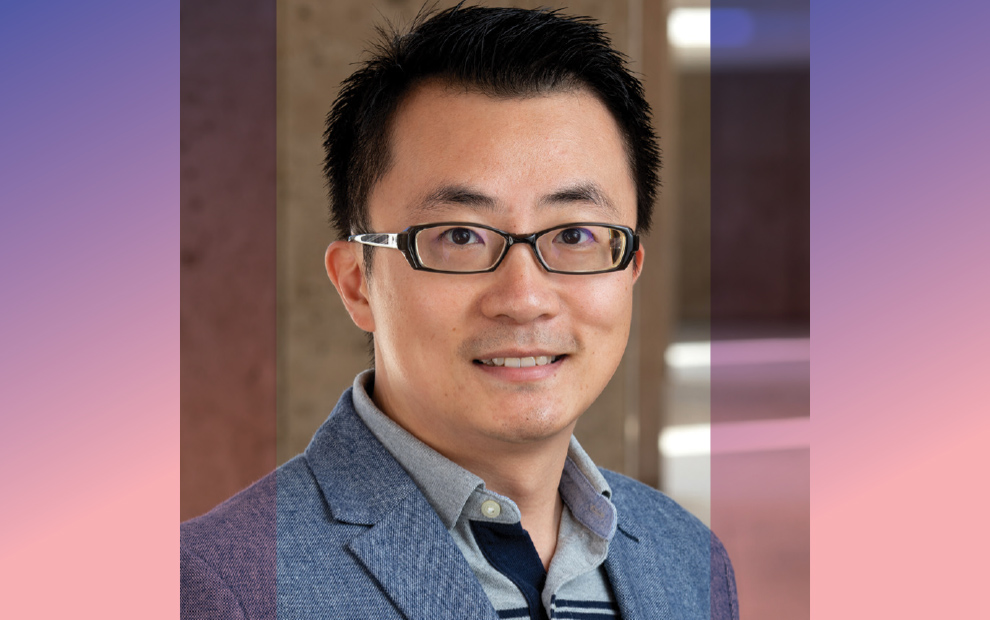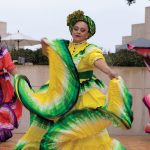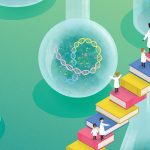Daniel Bayless joined Salk’s Molecular Neurobiology Laboratory on September 1 as an assistant professor. His research focuses on the neuronal basis of sex differences that lead to complex behaviors such as social approach, aggression, and mating in mice. He received his PhD from Tulane University and completed his postdoctoral research at Stanford University. At Salk, Bayless will focus on how life experiences and sex hormones affect social information processing that manifests differently across sexes.
Lena Mueller will join Salk’s plant biology faculty as an assistant professor in January 2024. She joins Salk from the University of Miami, where she is currently an assistant professor studying interactions between plants and fungi. These interactions are important for plant productivity in natural and agricultural settings and may help promote carbon sequestration in soil. Mueller received her PhD from the University of Zurich and completed her postdoctoral research at Cornell University. At Salk, she will continue to study peptide signaling mechanisms that govern development and maintenance of plant-fungus interactions.
Agnieszka (Aga) Kendrick joined Salk’s biochemistry and biophysics faculty on November 1 as an assistant professor in the Molecular Neurobiology Laboratory. She is a structural biologist who studies how cells recognize and transport cargo within the cell. Kendrick received her PhD from the University of Colorado, Denver, and completed her postdoctoral research at UC San Diego. Her work has implications for many aspects of the biology studied at Salk, from neurons to plants.






















































